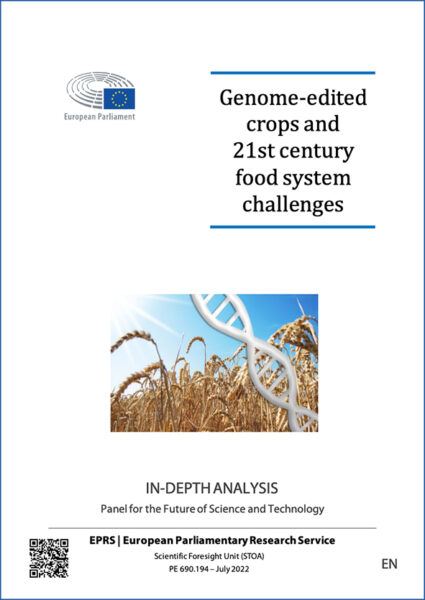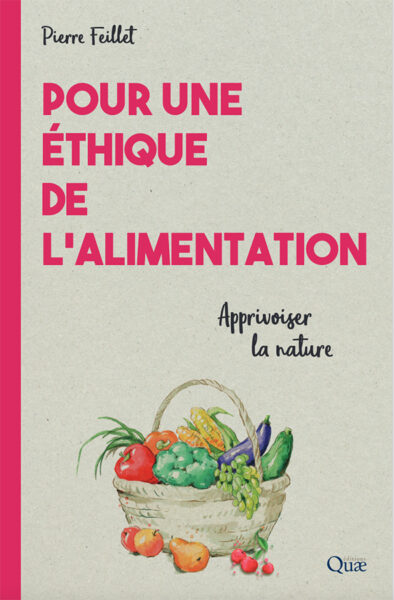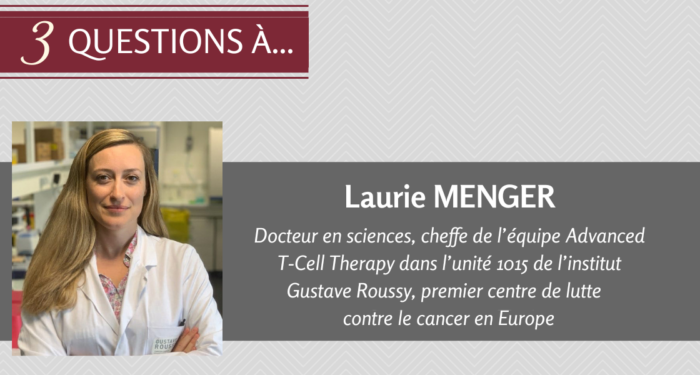“In barely three decades we have learned how to isolate, modify and patent genes, to break through the boundaries separating species and kingdoms that had been fixed for millions of years, to turn living organisms into merchandise, industrial seedbeds and production lines of genetically modified or even cloned products.”
Scientific advances are occurring at this swift pace, constantly driven forward by demand, and perhaps soon they will make it possible to abolish the human race altogether or to produce better human beings. “Why not take advantage of this? What’s the problem?”
The problem derives first from the development of genetically modified organisms (GMOs) in the vegetable, then the animal and human kingdoms, encouraged by scientific progress and market forces, without either mastery of or control over the undesirable consequences that may result.
Louise Vandelac focuses first on GMOs in order to show how staggeringly fast the spread of GM crops has been and what the causes for concern are. Then, switching from one species to another, she shows how the efforts to deal with infertility by developing in vitro fertilization brought us rapidly to being able to manipulate the genome of embryos so that they could be assessed, sorted and their faults corrected…
The author thus emphasizes how we are moving by leaps and bounds towards making living things completely artificially, how carelessly we are entering into a phase of biological production methods, of “gentle, incipient, individualistic and consumer-oriented” eugenics, a period marked by incredible combinations: body and soul, gametes and embryos, muddling species, human beings and things…
“How come we give certain people today such extraordinary powers?”, demands Louise Vandelac. She then goes on to argue that it is both paradoxal and suicidal to allow science to have such a strong hold over matters of individual and collective identity. We should not stand idly by, but rather “insist on having the chance to think together about the origins, scope and complexity of this commercial, death-dealing and eugenic approach to living things. Science must be made part of the democratic process.”
Menace sur l'espèce humaine. Démocratiser le génie génétique
Cet article fait partie de la revue Futuribles n° 264, mai 2001


